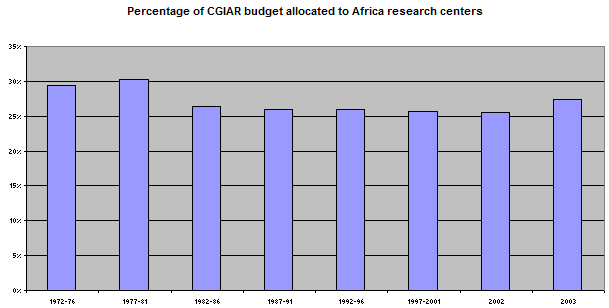As part of our current work on developing-world aid, we’ve completed a preliminary report on The Stop TB Partnership. We still have more work to do, but want to share what we’ve learned thus far. Here’s what’s available:
- Our full report on Stop TB
- Our review of the evidence for DOTS, the program Stop TB’s activities support
- Our remaining questions about Stop TB

